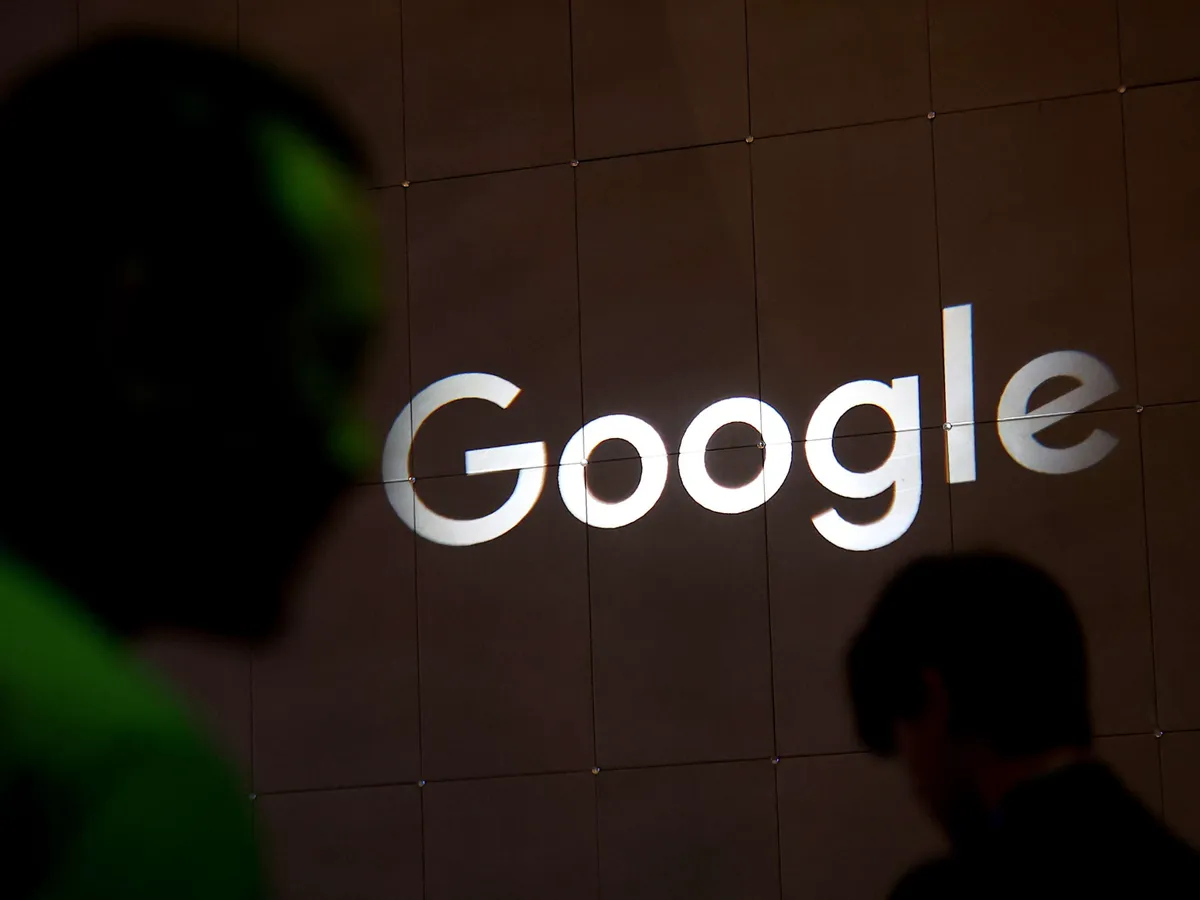The search engine giant Google’s market dominance is being challenged again. On Tuesday, the US Department of Justice announced that it is considering presenting the Google split in court.
It is a continuation of the August court decision, in which a federal judge Amit Mehta pointed out that the technology giant Google has a monopoly position in the search engine market. The judge also found that the company violates US competition law by maintaining a monopoly on its search engine. Google has paid Apple up to 20 billion dollars annually to have Google as the default search engine on Apple’s iPhone smartphones.
The August decision did not impose sanctions, but the matter came up for further processing. Now the US Department of Justice is considering “structural” measures that would prevent Google from using its products like Chrome, Play and Android to favor the search engine and related products over competitors.
The Ministry of Justice can also ask the judge to open the data that Google uses to develop search engine results and artificial intelligence products.
If the proposals come true, it would be a historic change in the field of technology giants.
Earlier on Monday, Google lost the game company Epicagainst It means that Google’s parent company, Alphabet, is forced to open up its Android operating system to companies so that they can create competing app stores and payment systems. According to the judge in the case, Google has stifled competition in Android apps and used its monopoly position to charge exorbitant fees.
The supremacy of technology giants has been criticized for years. In Europe, the commission has fined Google, for example, eight billion euros, although without any noticeable effect on the company’s position.
However, at the dawn of a new era dominated by artificial intelligence, the stakes are enormous, which is also reflected in the actions of the US authorities.”
However, at the dawn of a new era dominated by artificial intelligence, the stakes are huge, which is also reflected in the actions of the US authorities. of The Financial Times by Director General of the US Trade Commission FTC Lina Kahn said at the beginning of the year that we don’t want to make the same mistakes with artificial intelligence as we did during the previous one, Web 2.0. Web 2.0 refers to the time of the platform economy, social media and cloud services becoming more common in the last decades.
However, Google’s legal cases drag on for years at the same time as artificial intelligence develops rapidly and competitive positions become established.
The authorities are also hopelessly behind development. In the United States, the ambiguous competition law has relied on the principle of causing consumer harm, which has given companies the freedom to push competitors out of the market if the consumer has benefited from it.
European competition policy has focused on the quality of competition, overpricing and abuse of a dominant market position. The reason is that when the EU was founded, the principles of free competition were formulated more precisely. America should learn about competition policy from Europe.

keune
keune
keune
keune
keune
keune
keune
keune
keune
keune
keune
keune
keune
keune
keune
keune
keune
keune
keune
keune
keune
keune
keune
keune
keune
keune
keune
keune
keune
keune